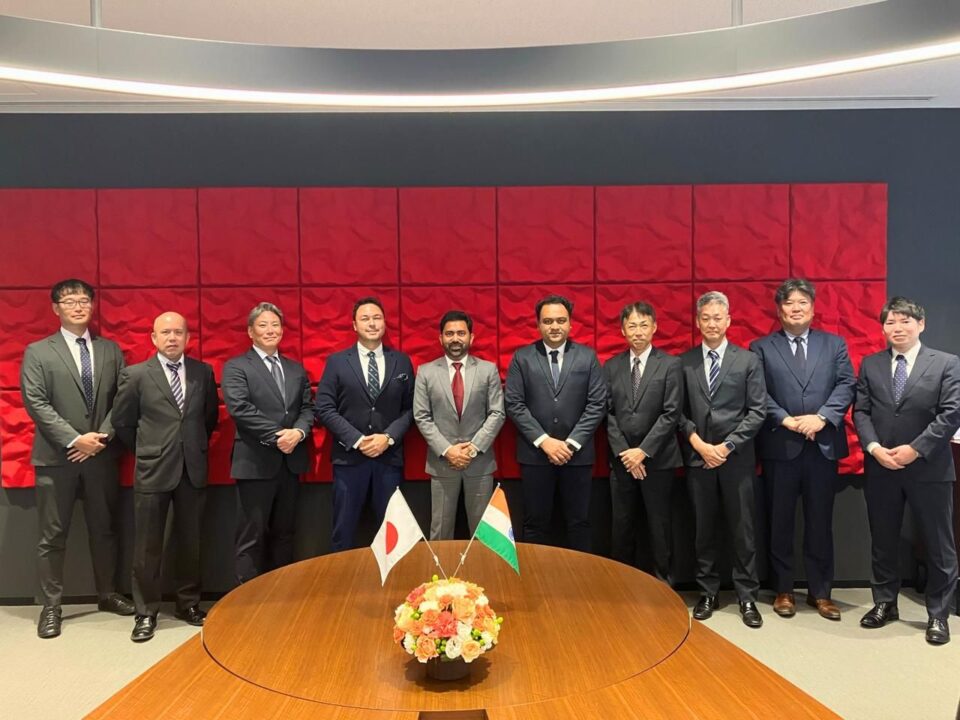In a move set to reshape the global agricultural machinery landscape, SHAKTIMAN (Tirth Agro Technology Pvt. Ltd.) and YANMAR AGRIBUSINESS Co., Ltd. (YAG) have signed a Memorandum of Understanding (MOU) to establish a strategic business collaboration. The agreement was formalized by Mr. Mustafa Kemal Erdogan Shoshi, President of YAG, and Mr. Shashank Watane, Senior Vice President of TATPL.
This partnership marks a significant step toward strengthening both companies’ global competitiveness and expanding their reach in key international markets.
By leveraging YAG’s global footprint and advanced mechanization technologies with TATPL’s expertise and market leadership in agricultural implements, the two companies will jointly offer farmers comprehensive, integrated, and field-proven solutions that meet the evolving needs of modern agriculture.
Yanmar, a globally recognized brand under YAG, is known for its tractors, combine harvesters, and a strong global sales and service infrastructure that ensures top-tier customer support worldwide.
Meanwhile, SHAKTIMAN has established itself as the leading brand in India’s agricultural implement segment, praised for its innovation, durability, and versatility across a wide range of farming applications.
A Partnership for the Future of Farming
This collaboration is designed to empower farmers by delivering reliable, efficient, and sustainable machinery systems, bridging the gap between mechanization and accessibility. The partnership is expected to play a pivotal role in promoting sustainable agricultural development, enhancing productivity, and supporting food security in both developed and emerging markets.
“This partnership brings together the best of both worlds—SHAKTIMAN’s deep-rooted product expertise and Yanmar’s cutting-edge mechanization and global network,” said Mr. Shoshi.
“Our shared vision is to provide farmers worldwide with the tools they need to succeed in a rapidly changing agricultural environment,” added Mr. Watane.
As agriculture continues to face challenges from climate change, labor shortages, and rising food demand, strategic collaborations such as this one are poised to accelerate innovation and deliver value to farming communities around the world.


